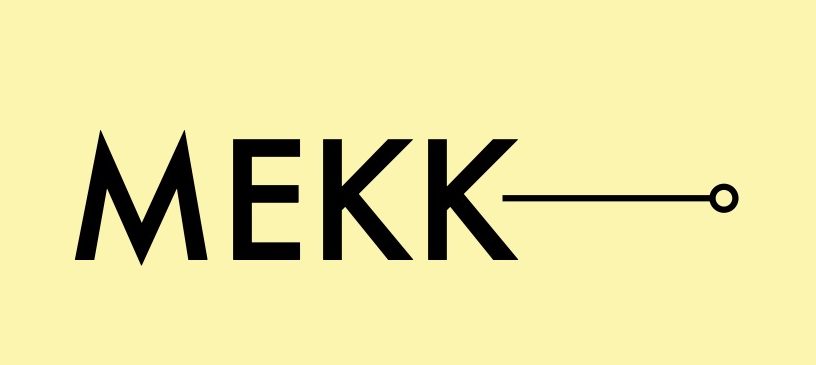
The conference will take place in Oslo on the 5th and 6th of November 2018 in connection with UNESCO’s International Day to End Impunity for Crimes against Journalists at Oslo Metropolitan University, Oslo, Norway.
- Read the full programme.
- Read who will speak, and contribute papers at the conference.
- Overview of participants.
Most abuses against media professionals remain uninvestigated and unpunished. This impunity perpetuates the cycle of violence against journalists, media workers and citizen journalists. The resulting self-censorship deprives society of information and further impacts press freedom. (UNESCO, Safety of Journalists and Impunity)[1]
Self-censorship among journalists has taken a new turn over the last couple of years.. The Council of Europe report of January 2016 warns against the danger that the fight against terrorism and extremism can lead to disproportionate strict measures at the expense of democratic freedom in order to maintain state security. The International Commission for the Protection of Journalists (CPJ) expresses their concern as follows:
Little by little, drop by drop, the media integrate these concerns into their news routines and some even anticipate or go beyond security service orders or recommendations. Though they may reject any notion of self-censorship, “caution” has become the byword of “ethical” or “responsible” journalism[2].
The press not only encounters threats and pressure from potential terrorists or extreme voices, even liberal forces expect the media to behave properly in times of increased conflict. The old depiction of the media as ‘the terrorist’s oxygen’ may seem to have gained new relevance in recent years’ war on terror.
We need to know more about self-censorship and how it works in relation to journalists’ security and freedom of expression in general. How can you talk about self-censorship? How can you know that self-censorship exists? What can make journalists better equipped to secure themselves without having to tie themselves up and jeopardize freedom of speech? What role do state authorities or journalist associations play here?
Key note speakers are:
- Guy Berger, UNESCO
- Marilyn Clark, University of Malta
- Marta Milena Barrios Correa, Universidad del Norte, Colombia
- Nhamo A. Mhiripiri, Midlands State University, Zimbabwe
Paper presentations:
Call for abstracts: now closed. To participate with a paper, an abstract of maximum 250 words should be sent to safetyofjournalists@hioa.no before August 15, 2018. Please include your full name, institutional affiliation, and email. There is no registration fee. The participants are expected to cover their own costs for travel and accommodation. A limited number of scholarships to cover flight and/or accommodation is available for Ph.D. students and researchers from low-income countries. Applications for scholarships should be submitted with the abstract together with a short CV.
The best papers will be considered for a forthcoming peer reviewed publication.
[1] http://www.unesco.org/new/en/communication-and-information/freedom-of-expression/safety-of-journalists/
[2] https://cpj.org/2017/04/self-restraint-vs-self-censorship.php
